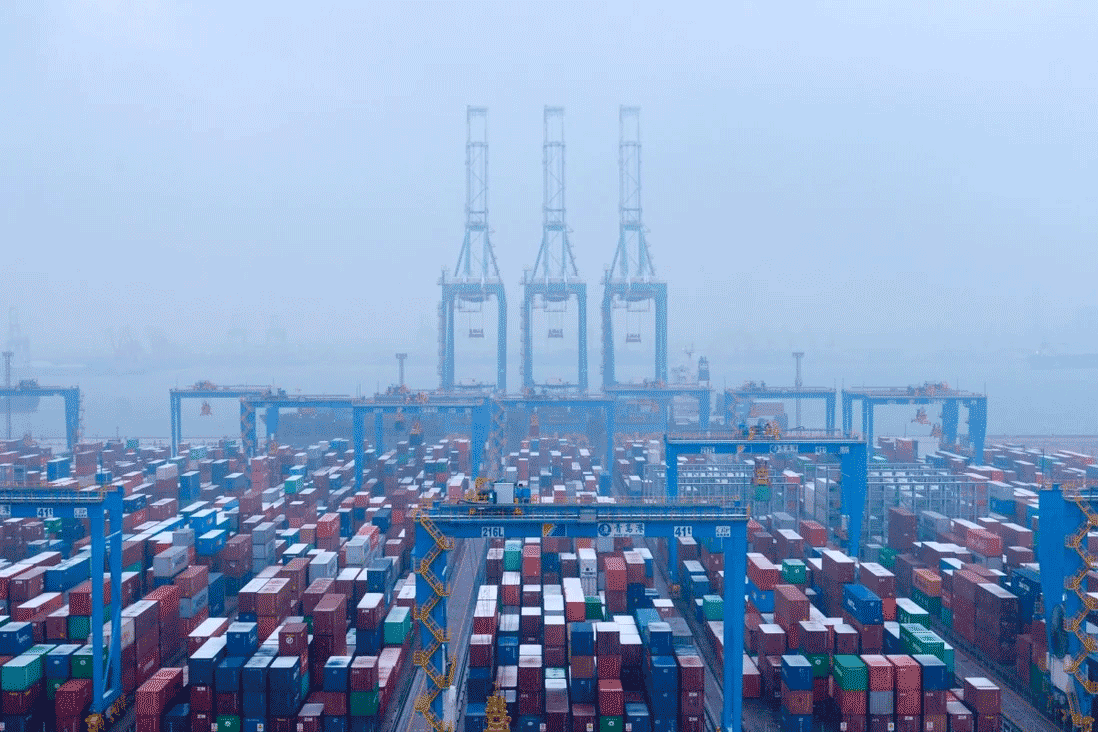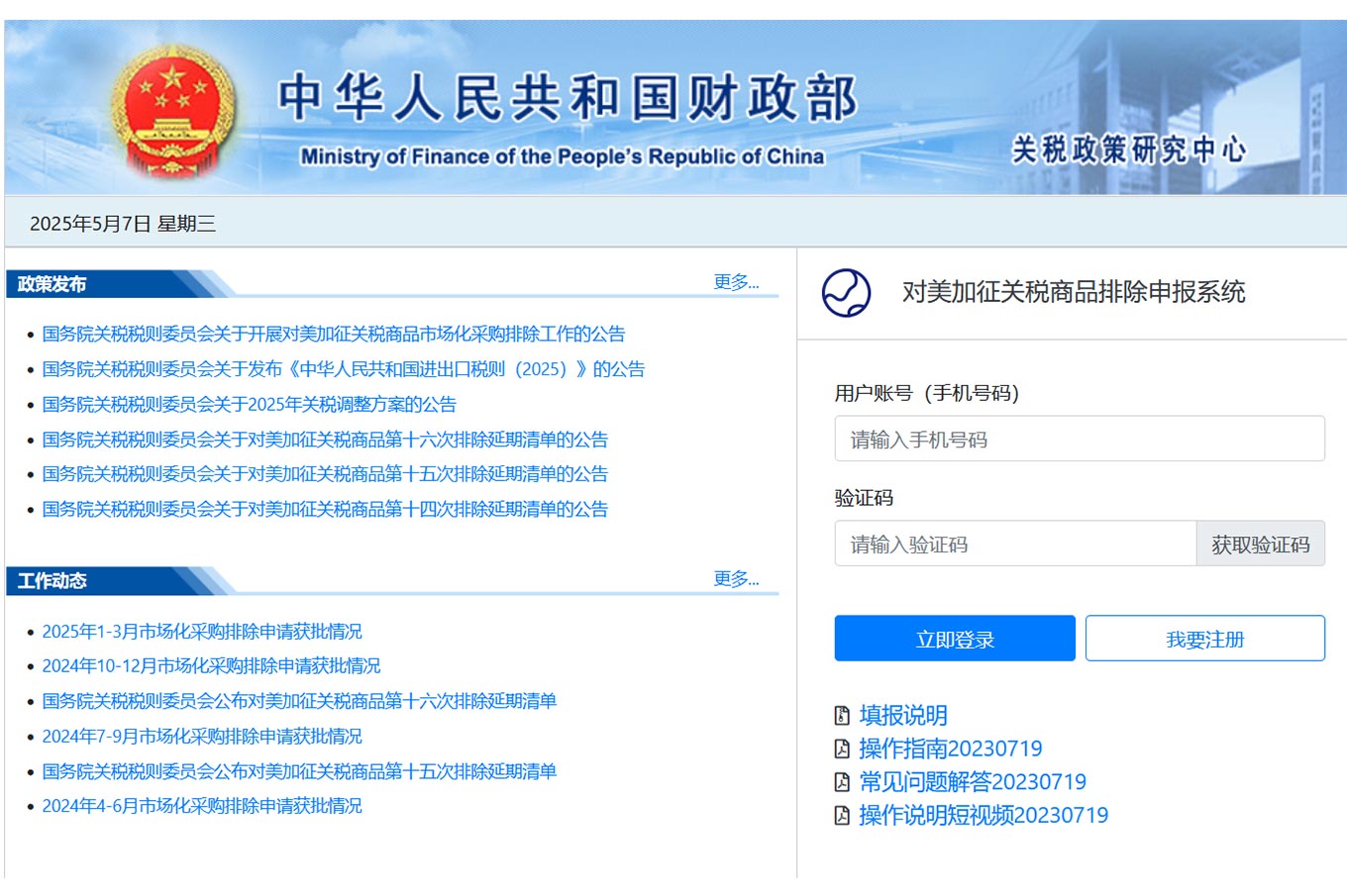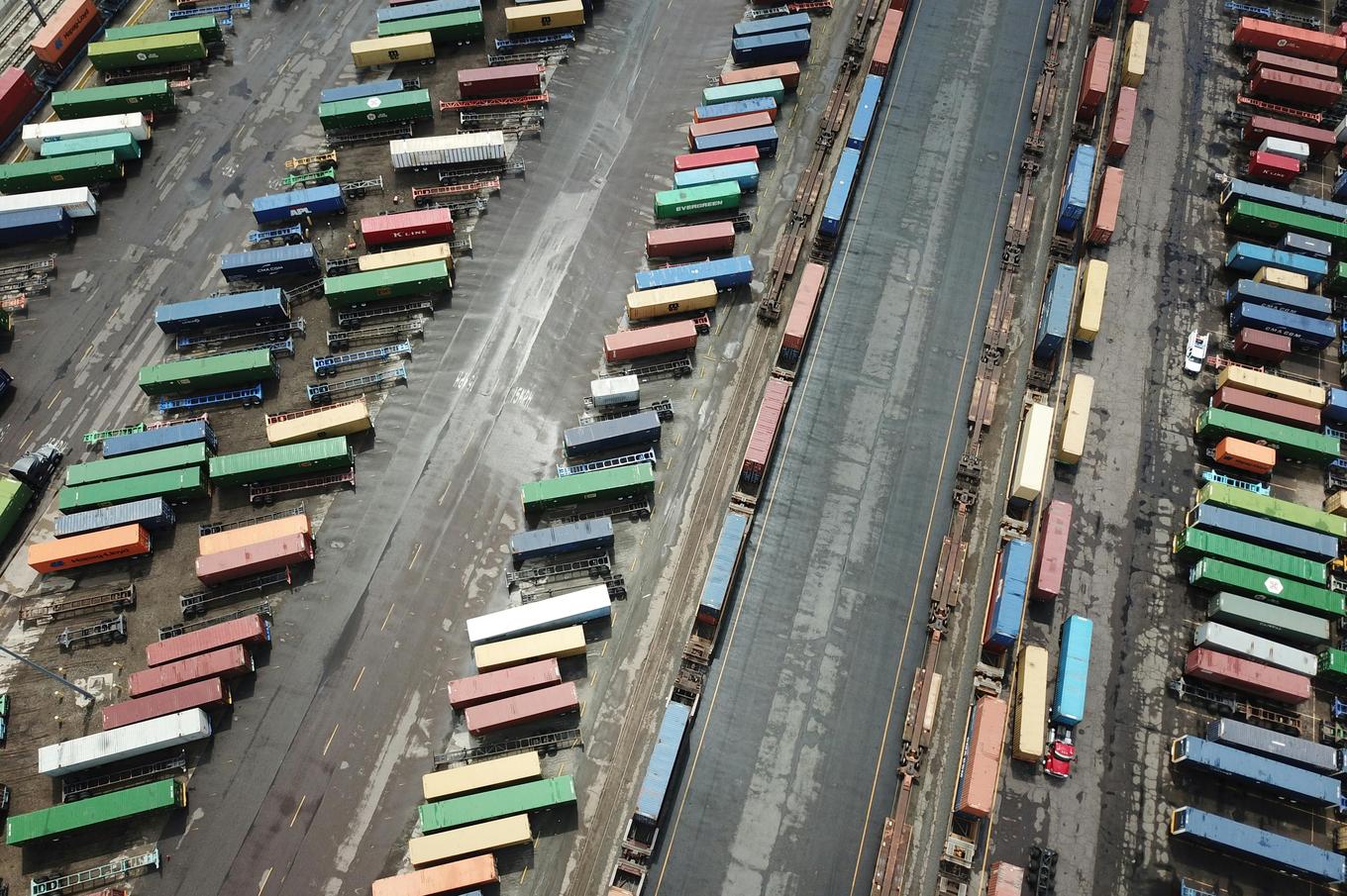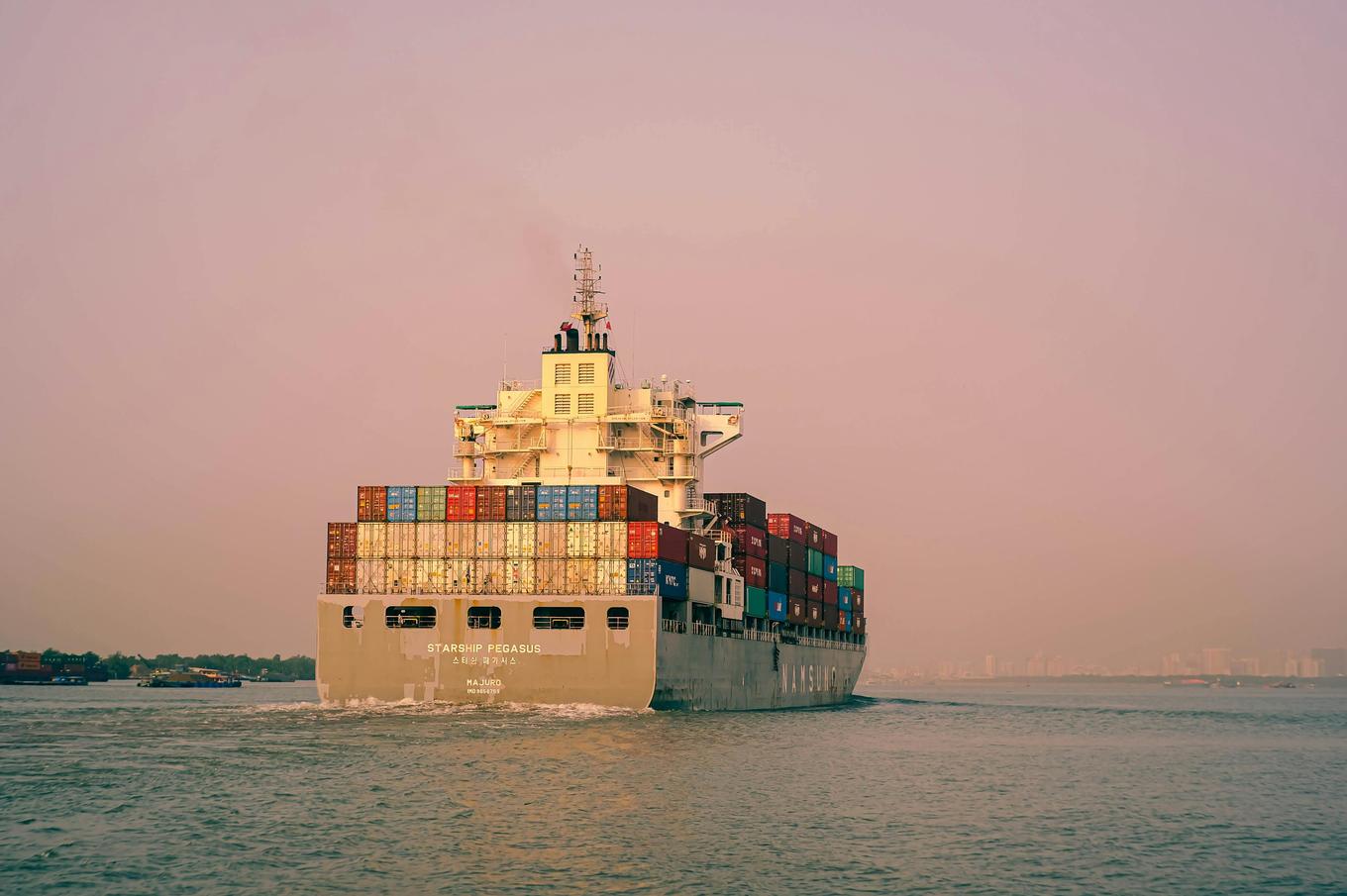- Shanghai Zhongshen International Trade Co., Ltd. - Two decades of trade agency expertise.
- Service Hotline: 139 1787 2118
Recently, major US ports have urged the Biden administration to reconsider the proposal to impose a 25% tariff on Chinese cranes, saying that this move will increase costs by more than 130 million US dollars and put US ports at a disadvantage in competition with Canada and Mexico. According to reports, ports in California, Florida, South Carolina, Texas, and Virginia in the United States sent a letter to US Trade Representative Katherine Tai last week, stating that there are no viable alternatives to Chinese cranes, and these ports demanded a delay or revocation of this tariff. This tariff is part of the results of the four - year review of the 301 tariffs on China released by the US side in May this year.
Cary Davis, President and CEO of the American Association of Port Authorities, wrote in the letter: If tariffs are imposed, their stated objectives will not be achieved. On the contrary, this will only lead to negative outcomes, including severe damage to port efficiency and capacity, supply chain tensions, rising consumer prices, and (resulting in) a weakened U.S. economy.,
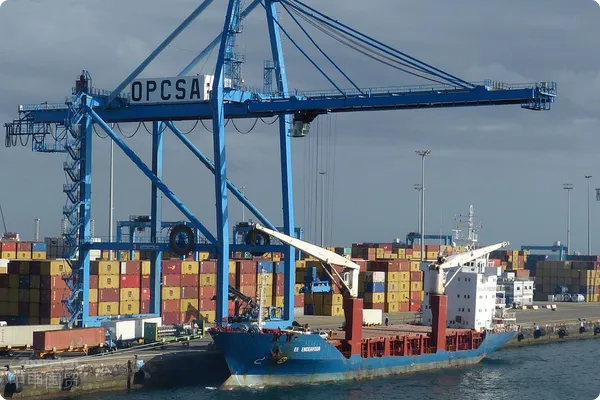
Background of imposing tariffs on Chinese cranes
On May 14, the US Department of Commerce announced that, according to the presidents instructions, it will further increase tariffs on products imported from China, such as electric vehicles, lithium - ion batteries,photovoltaicbatteries, critical minerals, semiconductors, steel and aluminum, port cranes, and personal protective equipment. This move aims to contain Chinas growth in these key areas through economic means. However, this decision immediately sparked widespread controversy.
The spokesperson of the Ministry of Commerce said that the US sides release of the four - year review results of the Section 301 tariffs on China is out of domestic political considerations, abusing the Section 301 tariff review procedure and politicizing and instrumentalizing economic and trade issues. China expresses its strong dissatisfaction with this. The WTO has long ruled that the Section 301 tariffs violate WTO rules. Instead of correcting it, the US side persists in going its own way and making mistakes repeatedly.
Economic impact and opposition
The American Association of Port Authorities said that seven ports in the US have signed contracts to purchase at least 35 Chinese cranes. Calculated at an average price of $15 million per crane, the tariffs will bring a total additional cost of $131.3 million to port operators. This means that the tariffs will either hinder expansion plans or force the cut - back of existing projects.
Barbara Melvin, the head of the Port of South Carolina, said that as East Coast ports are striving to improve their competitiveness against their Mexican and Canadian counterparts, this cost will translate into longer waiting times and longer stays for visiting container ships. The Port of Houston also objects to the proposed tariffs, believing that the slowdown in terminal operations, coupled with old and highly polluting cranes, will harm environmental sustainability. The Port of Tampa Bay said that US - made ship - to - shore cranes are unlikely to be available soon.
Crane supply chain and safety issues
Previously, the Biden administration claimed that cranes pose security threats. At the February 23 Foreign Ministry regular press conference, a reporter asked about Los Angeles port executives stating that China-made cranes may pose risks to U.S. national security, which the Biden administration also worries about. Foreign Ministry Spokesperson Mao Ning responded that the so-called China remotely controlling port cranes to collect data is completely unfounded. Mao Ning stated China firmly opposes the U.S. broadening national security concepts, abusing state power to unreasonably suppress Chinese products and enterprises. Instrumentalizing and weaponizing trade issues will only increase global supply chain security risks, ultimately harming others and oneself.
Future challenges and prospects
The head of the Port of South Carolina pointed out that the tariff cost will lead to longer waiting times and longer stays for visiting container ships. Both the Port of Houston and the Port of Tampa Bay expressed concerns about the tariffs, believing that this will hinder port expansion and terminal upgrades and harm environmental sustainability.
The private terminal operator of the Port of Long Beach pointed out in a letter that Section 301 of the Trade Act of 1974 does not give the USTR the right to impose tariffs on new categories of products during the four - year review. It is reckless to do so without the opportunity for an appropriate Section 301 hearing.
A report by S&P Global Market Intelligence shows that August to November will be the peak period, and the smooth operation of the shipping peak season faces significant risks. As the Red Sea crisis continues, port congestion and freight disruptions will further intensify.
Related Recommendations
? 2025. All Rights Reserved. Shanghai ICP No. 2023007705-2  PSB Record: Shanghai No.31011502009912
PSB Record: Shanghai No.31011502009912

